Breakthrough Research on Lung Cancer Pathway at National Cheng Kung University Gains Global Recognition
Written by Chun-Hua Hung. Image credit to NCKU News Center.
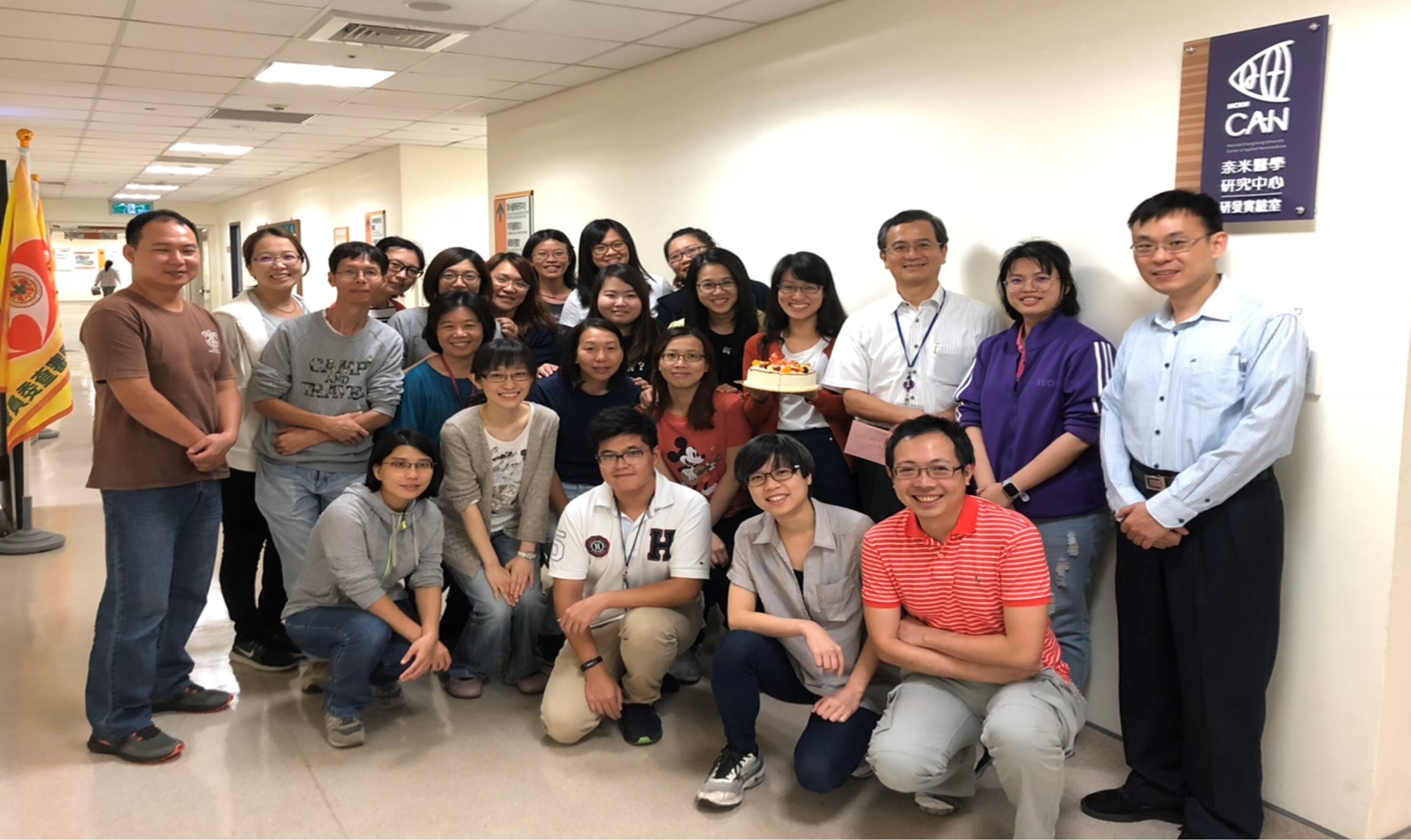
Professor Wu-Chou Su (third from the right in the back row) with his cancer research team at National Cheng Kung University. The team recently achieved significant breakthroughs in lung cancer research, with their findings published in a leading international journal. In the front row, second from the left, is postdoctoral researcher Chun-Hua Hung, and on the far right in the back row is Dr. Shang-Yin Wu, the paper's second author.
In a significant advancement in cancer research, a team led by Professor Wu-Chou Su at National Cheng Kung University (NCKU) has unveiled critical insights into the IL6 cytokine pathway and its implications for lung cancer metastasis and drug resistance. The findings, published in the esteemed journal *Nature Communications*, are capturing attention worldwide. Hyperlink for the article: Defective N-glycosylation of IL6 induces metastasis and tyrosine kinase inhibitor resistance in lung cancer
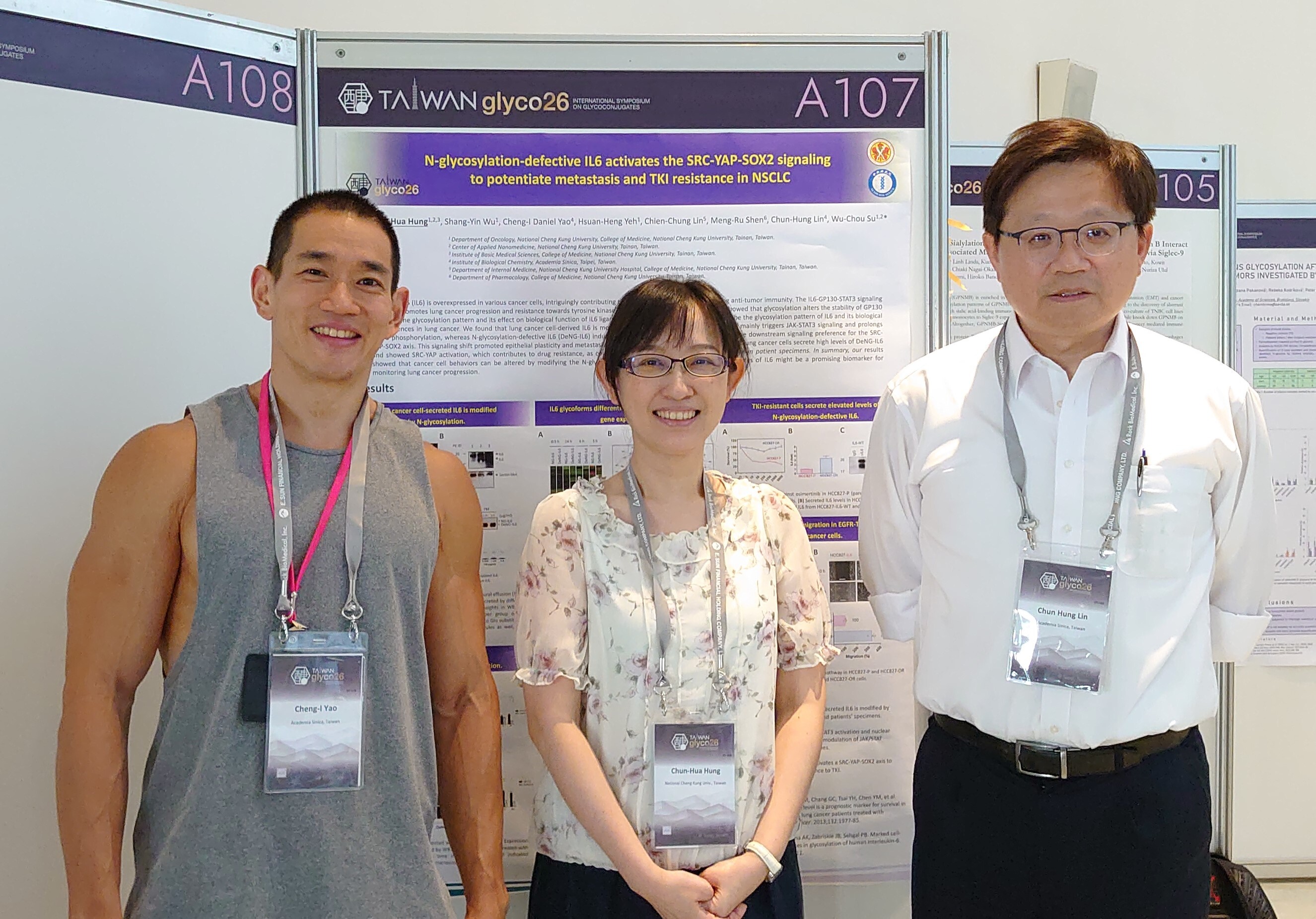
Professor Wu-Chou Su’s research team has gained international recognition for their recent discoveries. Pictured are Dr. Chun-Hua Hung (center), Dr. Chun-Hung Lin (right), and Dr. Cheng-Yi Yao from Academia Sinica.
Professor Wu-Chou Su of the Department of Oncology at NCKU has long been dedicated to investigating the IL6-JAK-STAT3 signaling pathway in cancer, making him one of the earliest scholars in this field. Dr. Chun-Hua Hung, a key member of this team, has spent ten years on this research, which has proven to be quite challenging.
IL6 is a multifunctional cytokine that regulates not only normal cellular functions and immune responses but also the tumor microenvironment. Literature has shown that IL6 activates multiple downstream signaling pathways.
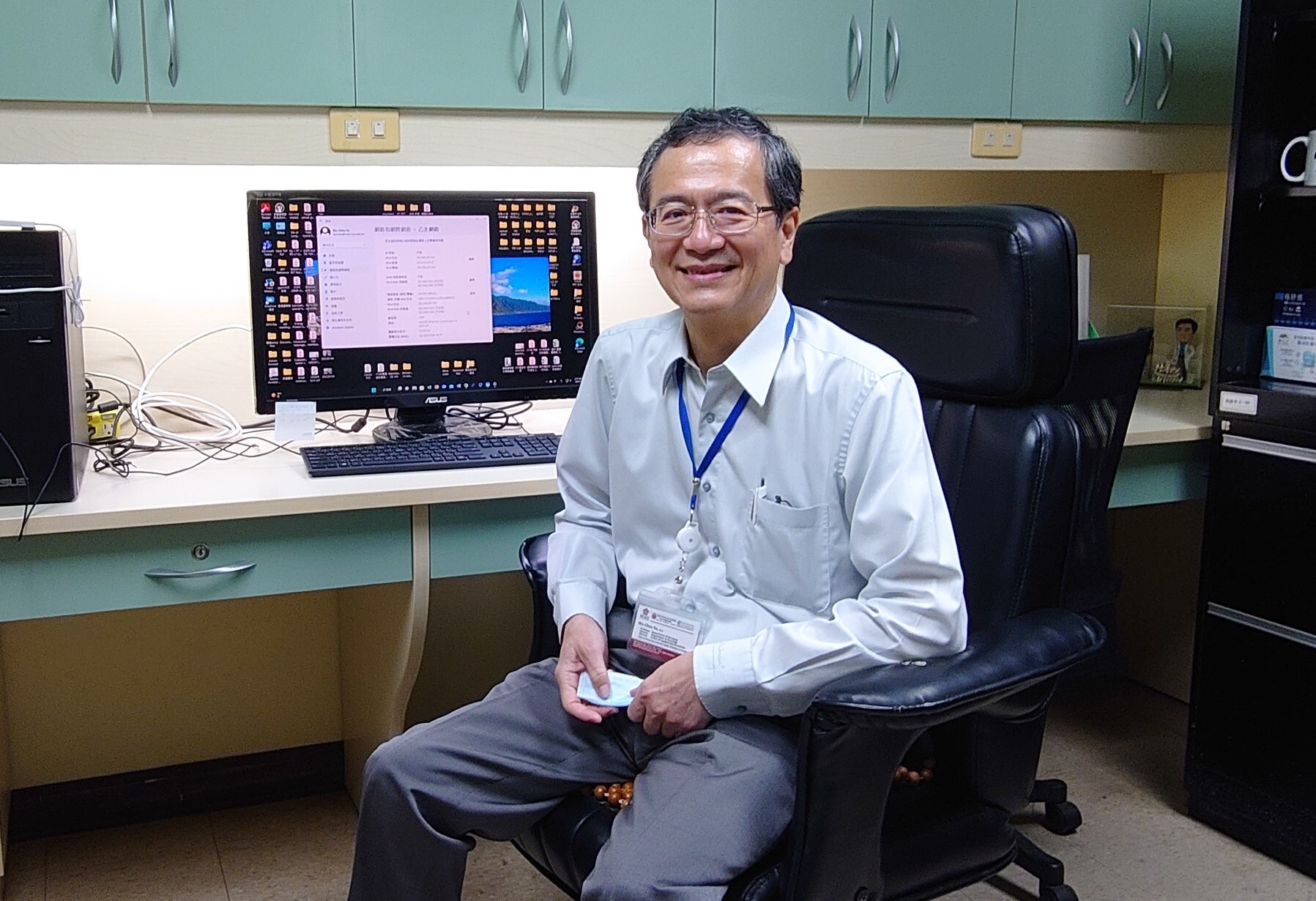
Honorary Professor Wu-Chou Su from the Department of Oncology at NCKU has been a pioneering figure in IL6 research, recognized as one of the earliest scholars in this field worldwide.
After years of dedicated research, the team discovered that the loss of glycosylation on IL6 is a key factor in the alternative activation of the SRC-YAP signaling pathway, which plays a crucial role in the progression of lung cancer. This marks a pioneering achievement in understanding how IL6 influences cancer behavior.
“IL6 has been recognized for its role in various cancers, but the mechanisms behind its signaling pathway selection were not well understood until now,” Professor Su stated. The study not only clarifies how IL6 activates different pathways but also sheds light on resistance mechanisms to the targeted lung cancer therapy EGFR-TKI, which many patients develop over time.
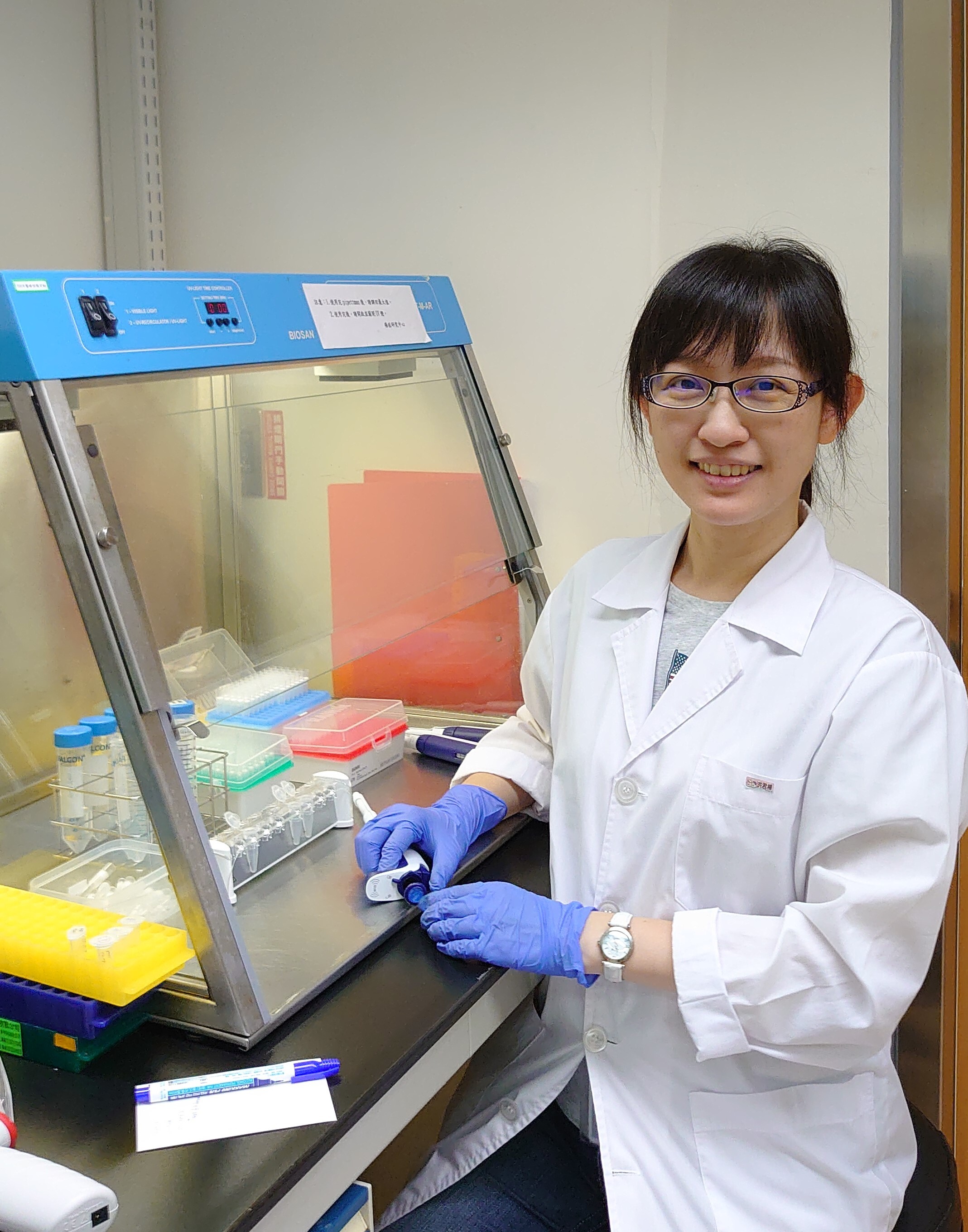
Led by Professor Wu-Chou Su, the research team has dedicated a decade unraveling how the IL6 molecule regulates downstream signaling pathway choices. Featured in the images is postdoctoral researcher Chun-Hua Hung, who played a key role in this breakthrough.
The research indicates that specific glycoforms of IL6 could serve as potential biomarkers for monitoring cancer metastasis and treatment resistance, potentially leading to personalized treatment strategies.
Dr. Chun-Hua Hung emphasized the significance of their findings, especially as international studies have highlighted the role of SRC-YAP activation in cancer but often overlooked upstream mechanisms. “Our work fills a crucial gap in understanding these processes,” she noted.
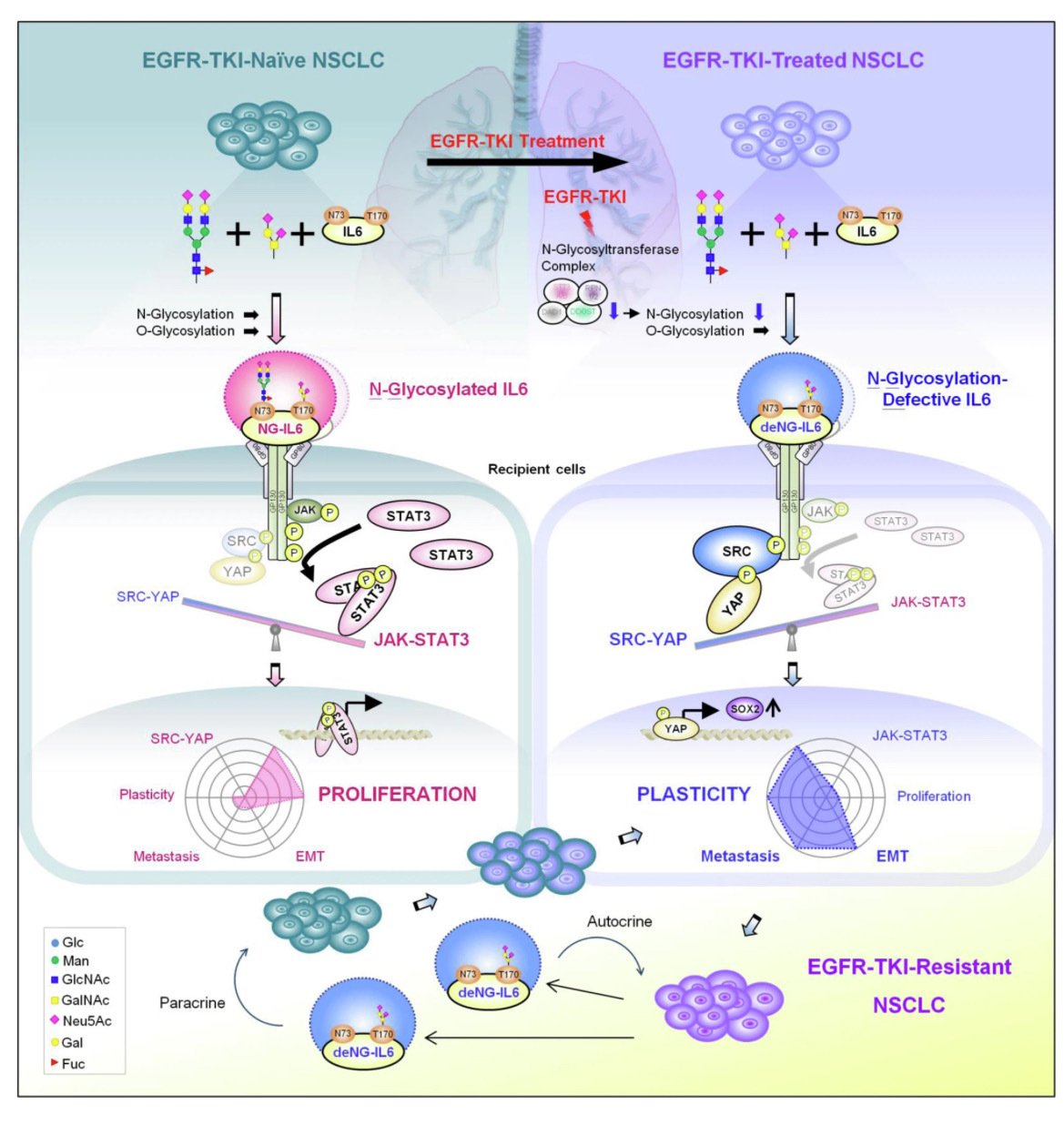
Led by Professor Wu-Chou Su, the research team has dedicated a decade solving the puzzle of how the IL6 molecule determines downstream signaling pathways.
The research indicates that specific glycoforms of IL6 could serve as potential biomarkers for monitoring cancer metastasis and treatment resistance, potentially leading to personalized treatment strategies.
Dr. Chun-Hua Hung emphasized the significance of their findings, especially as international studies have highlighted the role of SRC-YAP activation in cancer but often overlooked upstream mechanisms. “Our work fills a crucial gap in understanding these processes,” she noted.
The study highlights how IL6, depending on its glycosylation status, can either promote tumor growth via the JAK-STAT3 pathway or facilitate metastasis through the SRC-YAP pathway. Notably, lung cancer cells resistant to EGFR-TKI therapy were found to secrete elevated levels of IL6 defective of N-glycosylation, correlating with increased metastatic activity.
Future research aims to explore the various IL6 glycoforms further, which may lead to innovative strategies for inhibiting cancer growth and overcoming drug resistance. This groundbreaking research not only enhances our understanding of lung cancer biology but also opens new avenues for targeted therapies, potentially transforming treatment protocols for patients worldwide.
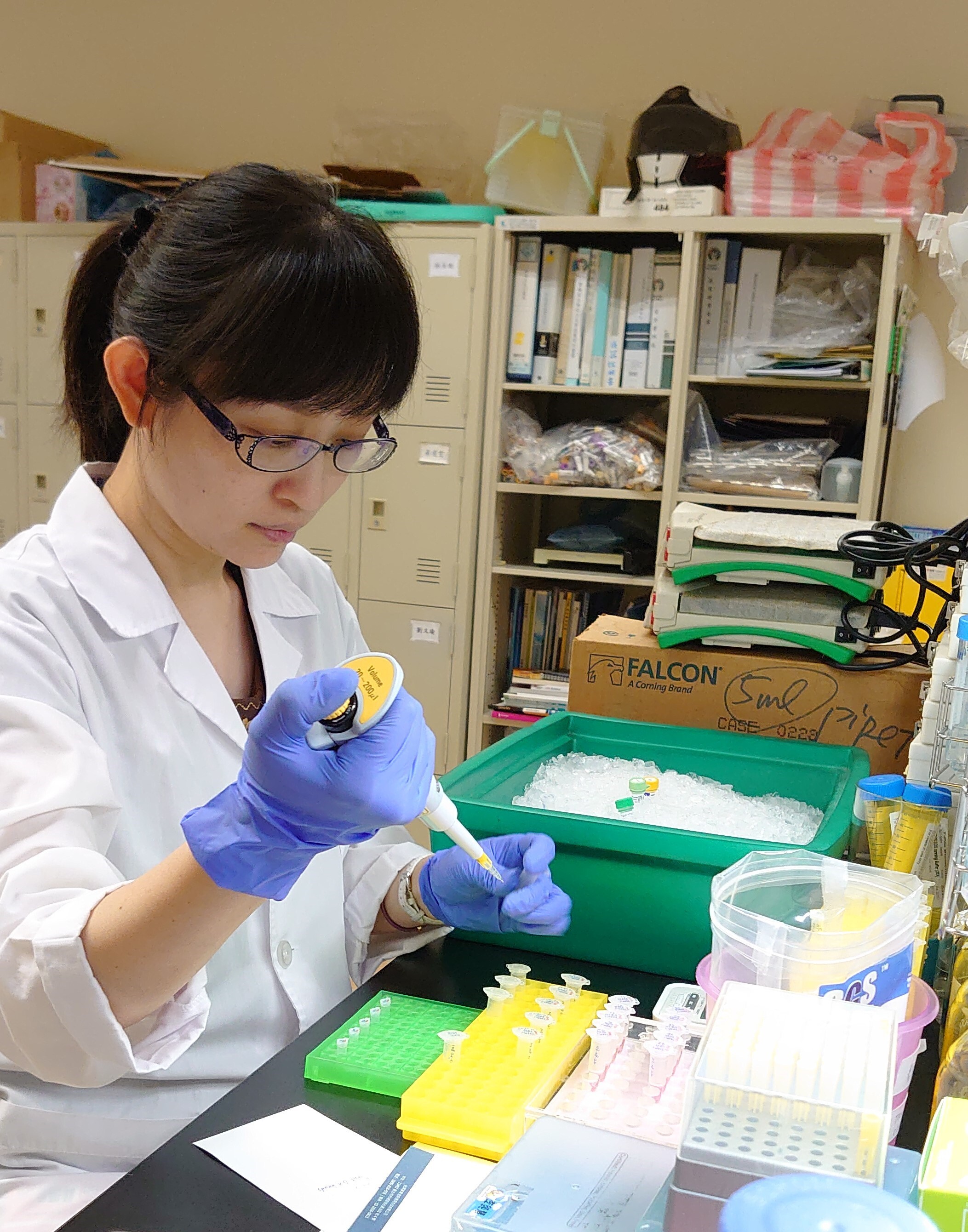
Professor Wu-Chou Suand his cancer research team have dedicated a decade to uncovering how the IL6 molecule regulates downstream signaling pathways. Postdoctoral researcher Chun-Hua Hung, the executor of this achievement, continued her work even during pregnancy.
This collaborative research involved contributions from several institutes, including assistance from Dr. Shang-Yin Wu of the Department of Oncology at NCKU, Dr. Chien-Chung Lin of the Department of Internal Medicine at NCKU, and Dr. Chang-Yao Chu of the Department of Pathology at Chi-Mei Medical Center. They also worked closely with Dr. Chun-Hung Lin and Dr. Cheng-Yi Yao of the Institute of Biological Chemistry at Academia Sinica for advanced glycan analysis. Additionally, the National Biomedical Optical Imaging Core Facility, guided by NCKU President Meng-Ru Shen, provided comprehensive equipment and resources to assist with many challenging imaging analyses in this research.
Dr. Hung shared the challenges faced during the study, particularly the difficulty in collecting sufficient IL6 samples due to their exceedingly low concentrations in both clinical specimens and cell lines. “It required immense effort, and I am thankful for the support of my family and colleagues throughout this journey,” she reflected, noting that the publication date coincided with her wedding anniversary, adding a personal touch to this professional milestone. “How romantic!" Dr. Hung said joyfully.
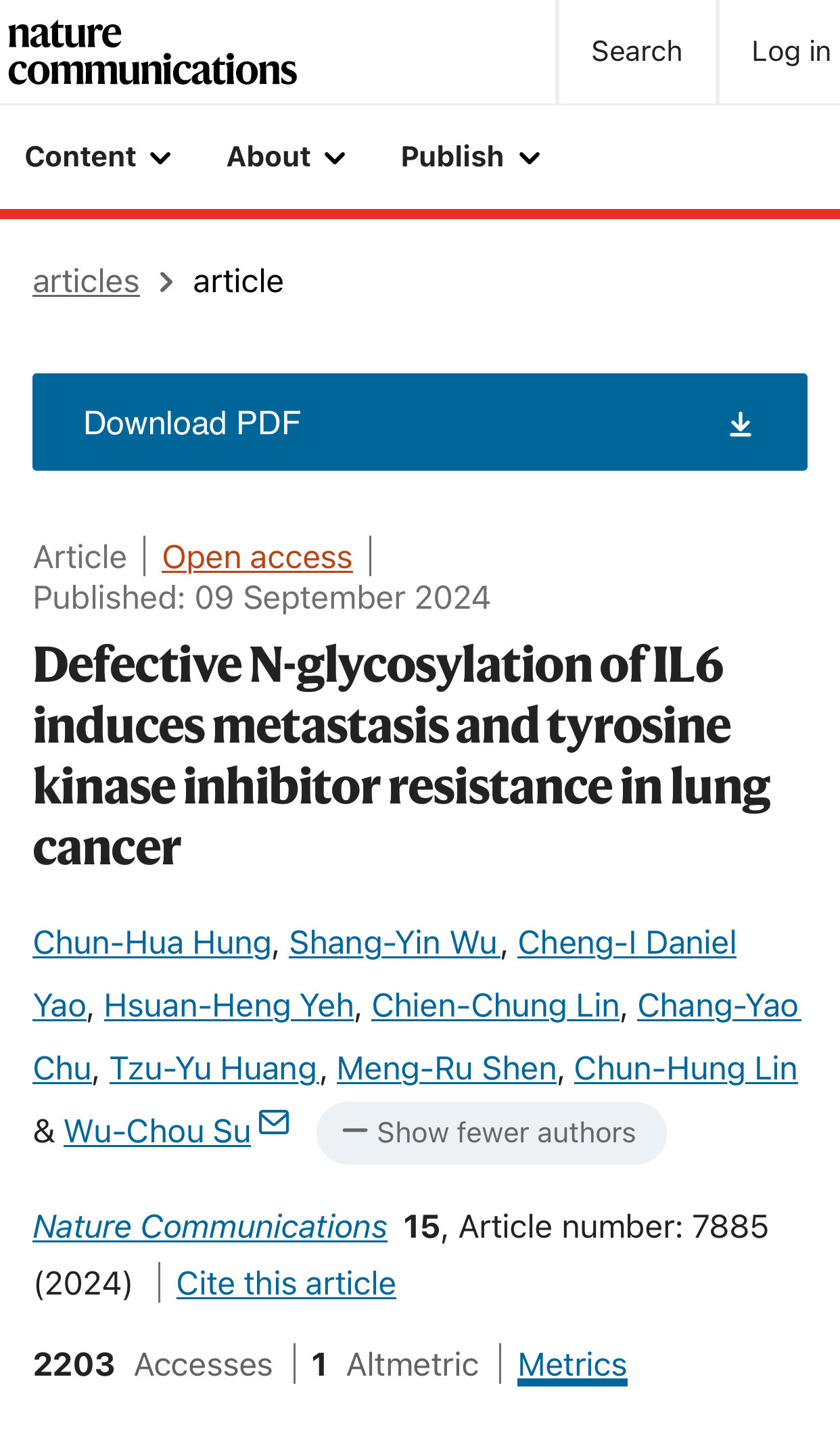
Professor Wu-Chou Su's cancer research team has made a groundbreaking discovery linking lung cancer cell metastasis and drug resistance to the loss of glycosylation on the cytokine interleukin-6 (IL6), which results in alternative activation of the SRC-YAP signaling pathway. Their findings were published in the prestigious journal Nature Communications.
Provider:
NCKU News Center
Date:
2024-10-28
Click Num:
Share
